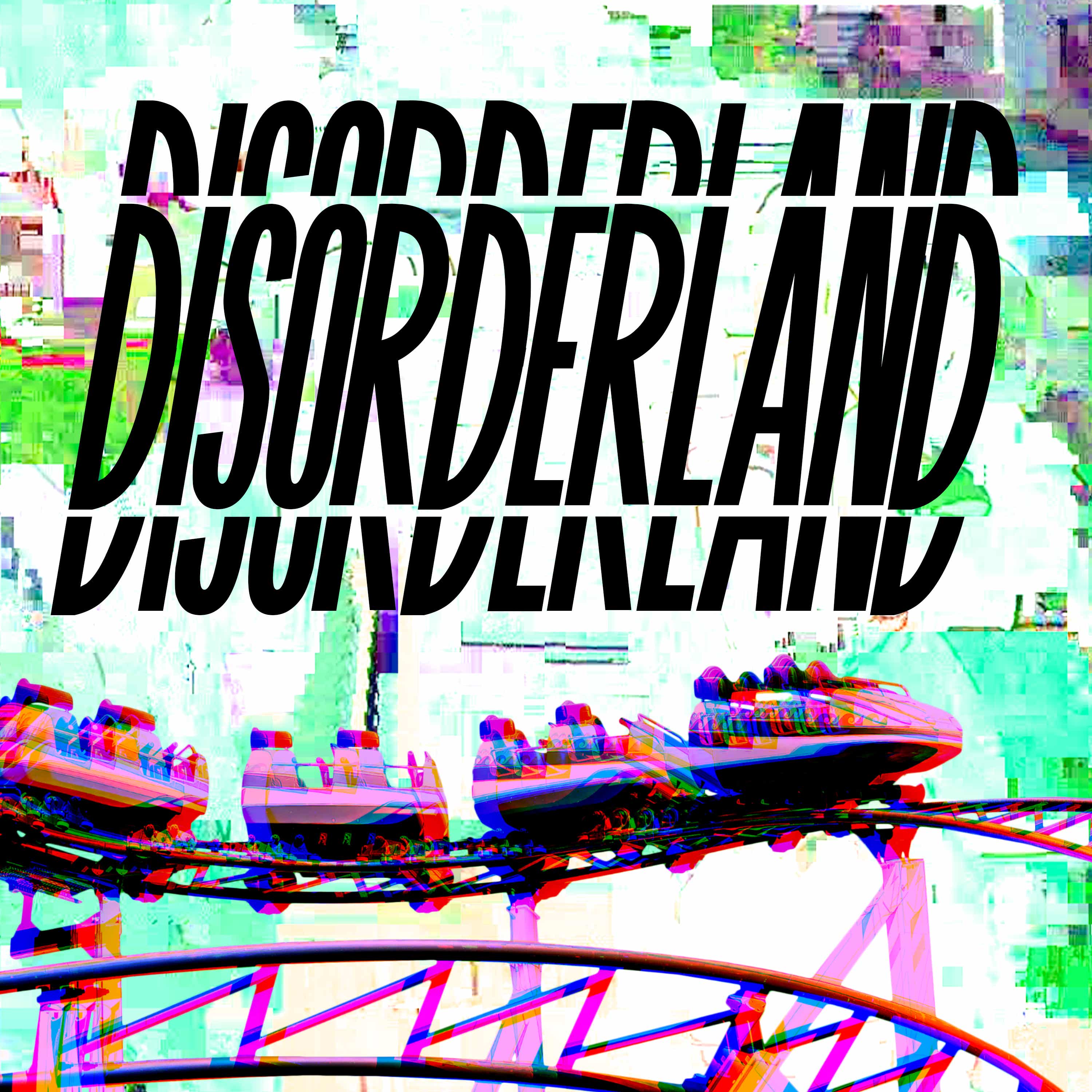- After-Shows
- Alternative
- Animals
- Animation
- Arts
- Astronomy
- Automotive
- Aviation
- Baseball
- Basketball
- Beauty
- Books
- Buddhism
- Business
- Careers
- Chemistry
- Christianity
- Climate
- Comedy
- Commentary
- Courses
- Crafts
- Cricket
- Cryptocurrency
- Culture
- Daily
- Design
- Documentary
- Drama
- Earth
- Education
- Entertainment
- Entrepreneurship
- Family
- Fantasy
- Fashion
- Fiction
- Film
- Fitness
- Food
- Football
- Games
- Garden
- Golf
- Government
- Health
- Hinduism
- History
- Hobbies
- Hockey
- Home
- How-To
- Improv
- Interviews
- Investing
- Islam
- Journals
- Judaism
- Kids
- Language
- Learning
- Leisure
- Life
- Management
- Manga
- Marketing
- Mathematics
- Medicine
- Mental
- Music
- Natural
- Nature
- News
- Non-Profit
- Nutrition
- Parenting
- Performing
- Personal
- Pets
- Philosophy
- Physics
- Places
- Politics
- Relationships
- Religion
- Reviews
- Role-Playing
- Rugby
- Running
- Science
- Self-Improvement
- Sexuality
- Soccer
- Social
- Society
- Spirituality
- Sports
- Stand-Up
- Stories
- Swimming
- TV
- Tabletop
- Technology
- Tennis
- Travel
- True Crime
- Episode-Games
- Visual
- Volleyball
- Weather
- Wilderness
- Wrestling
- Other
E08: Horror Therapy
Tidings, ghouls! Gather round to listen to a demon (Jess) and a demon clown (Ayesha) discuss a shared love of horror. We talk about how microdosing on fear through film can be grounding, how the genre uses disability and madness for cheap shock value, movies that subvert those shitty tropes, and all the big, existential questions horror movies ask us to grapple with. !! SPOILERS FOR: Hereditary, Grave Encounters, War of the Worlds, The Babadook, The PowerShow Notes* More on Jesse’s Self-(S)care Routine* Ayesha’s post on microdosing change* Horrible Heroes: Liberating Alternative Visions of Disability in Horror by Melinda Hall (the paper Jess mentioned in Disability Studies Quarterly)“horror fiction presents the opportunity to dis-identify with ableist culture. Horror, when it distances the audience from what is taken as the natural order, may also allow us to encounter disability differently. Indeed, it can allow us to be horrified by ableism”“A horror audience ideally identifies with protagonists and is horrified by what those characters find horrifying. In the work of both Burton and King, the audience is drawn to identify with the traditional outsider, the person rejected by the social world or considered interstitial and unnatural. This outsider sees the decaying and deadening communities around them as the terror.”“If we fail to accept vulnerability and incorporate it into our understanding of political communities, disability will always be the monster under the bed. Ironically, the horror genre, by posing new monsters in the social and its exclusions, can provide a ladder to grander inclusion. Empathizing with "monsters" for whom exclusion is typical, draws the vulnerable forward and prepares us to challenge ableism politically.” <br/><br/>This is a public episode. If you would like to discuss this with other subscribers or get access to bonus episodes, visit disorderland.substack.com

